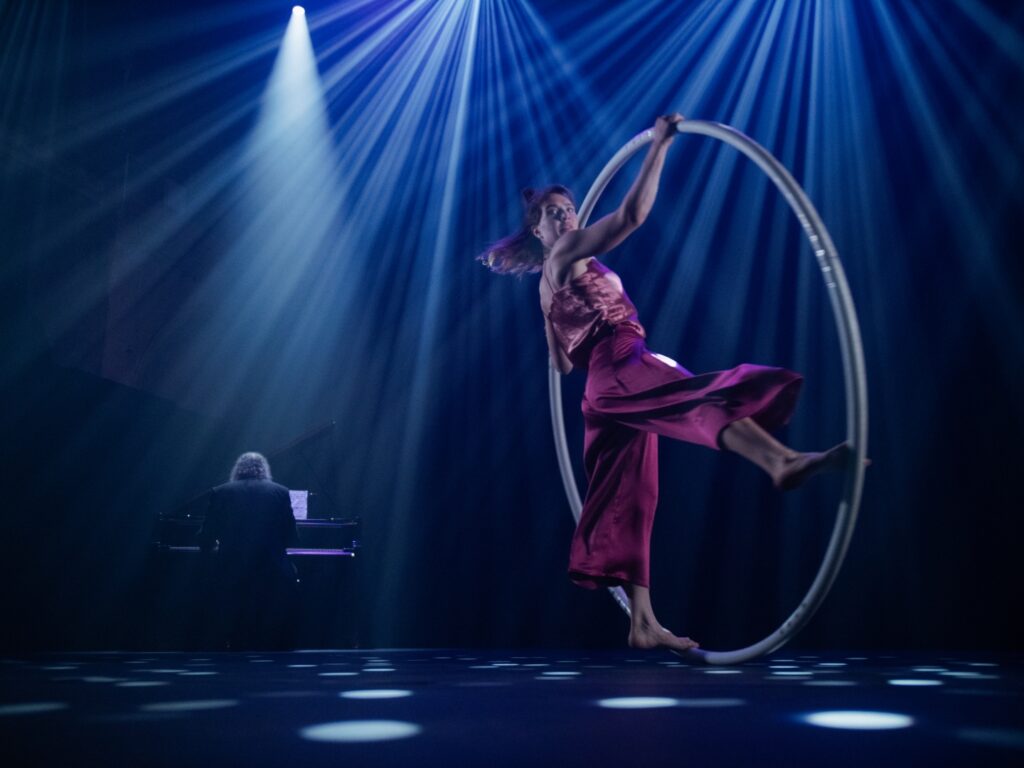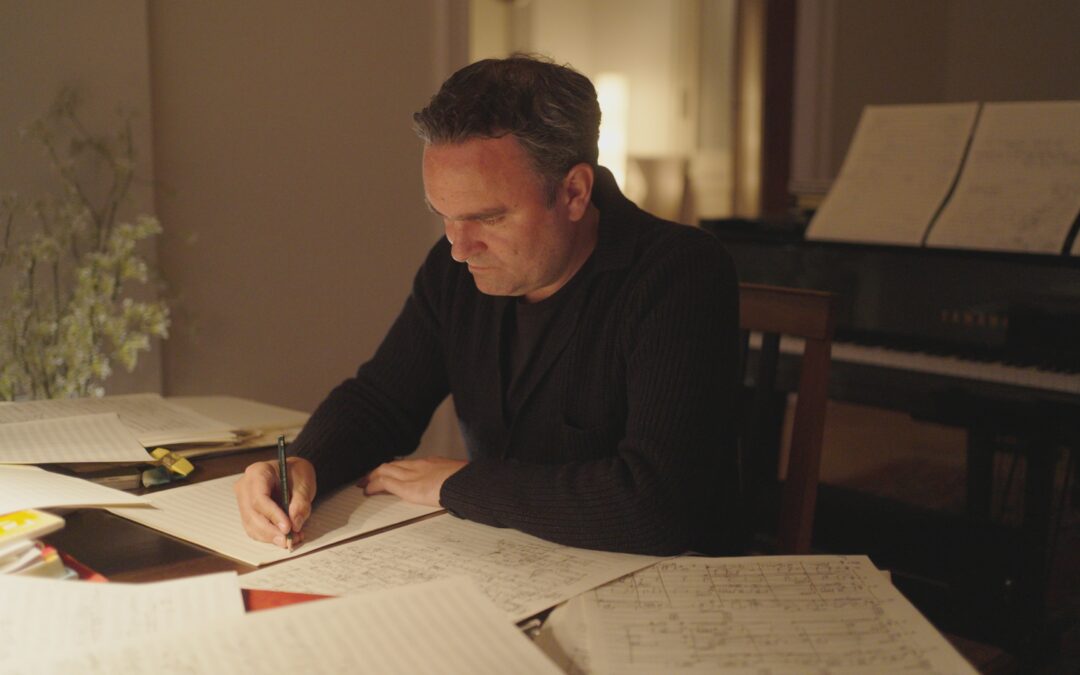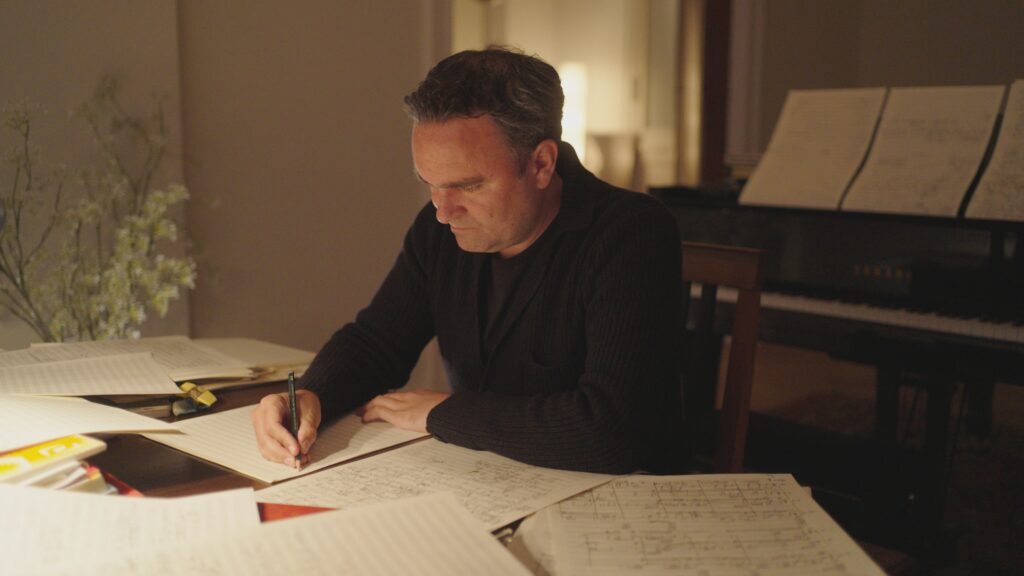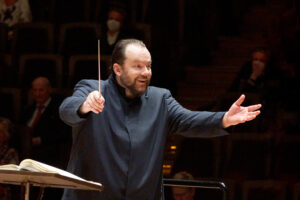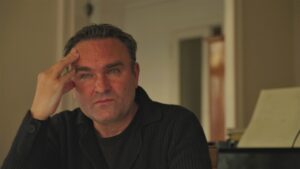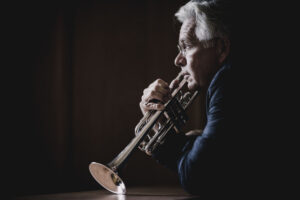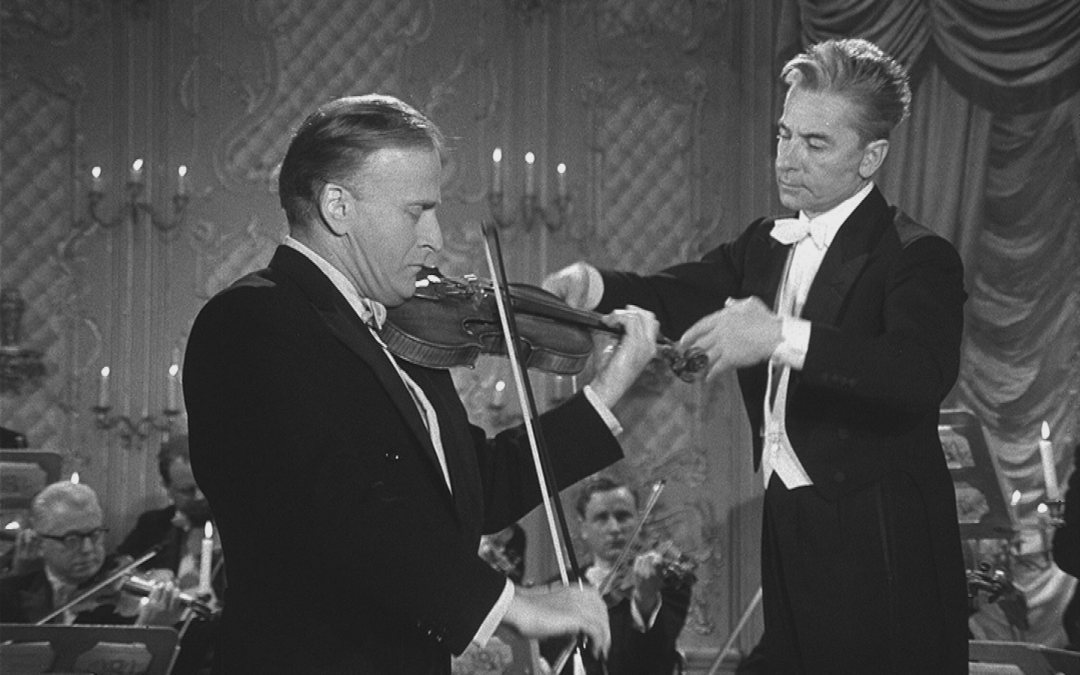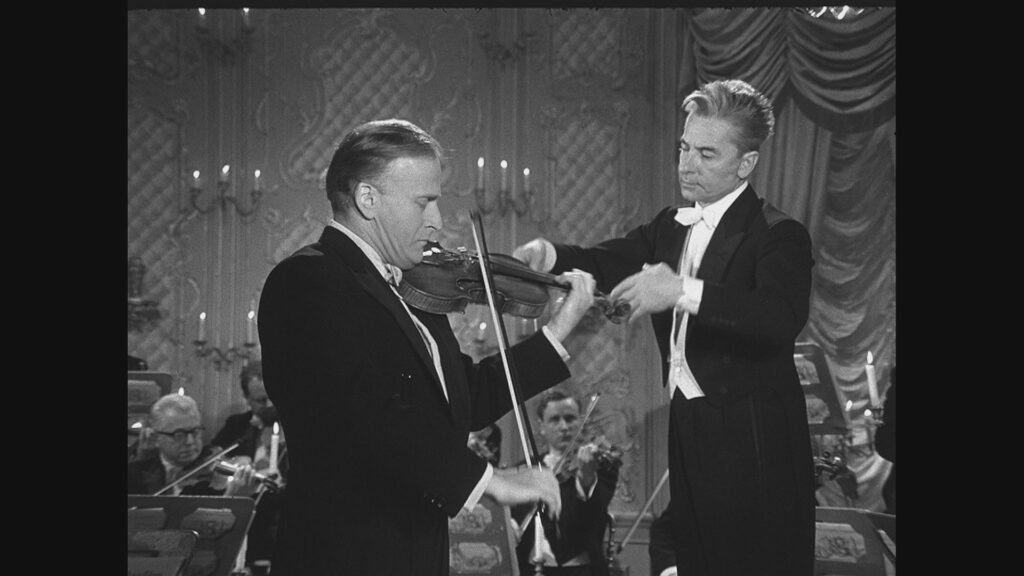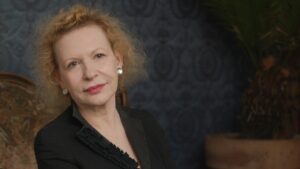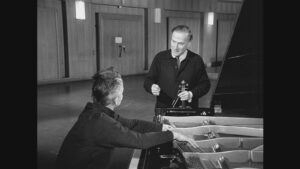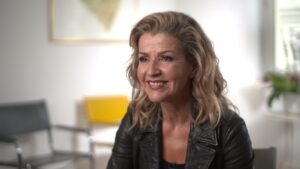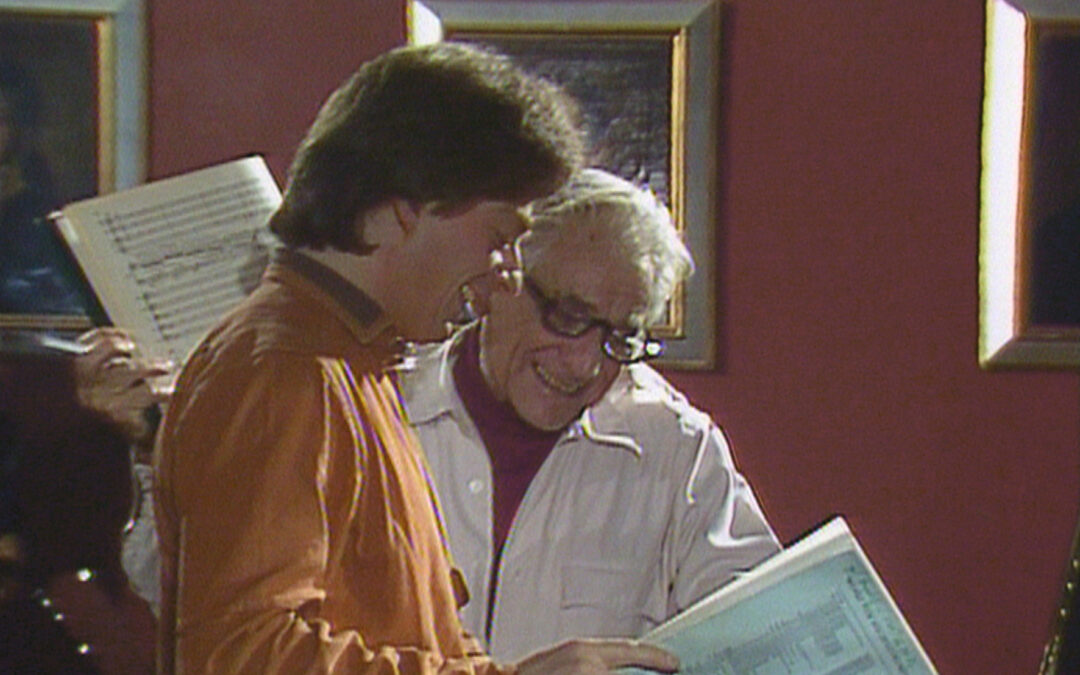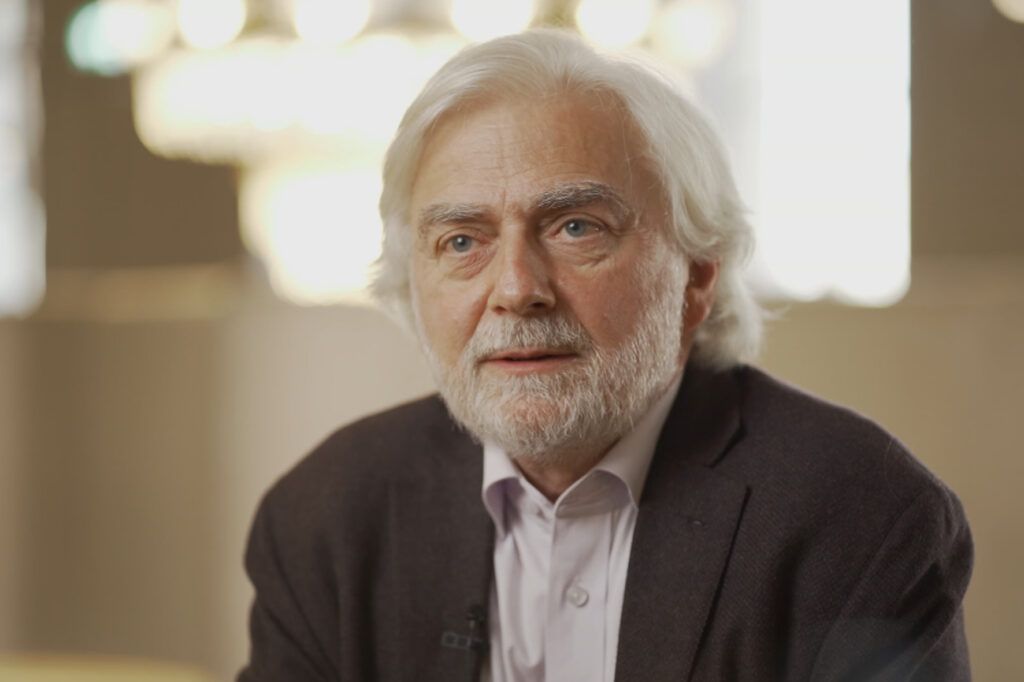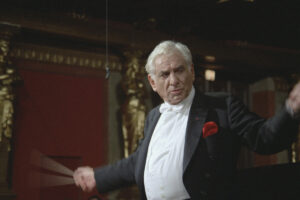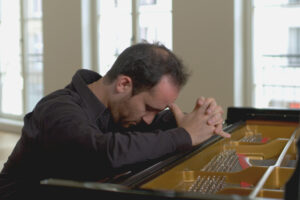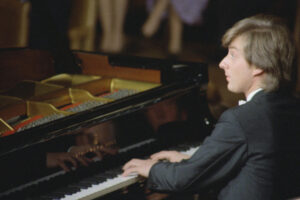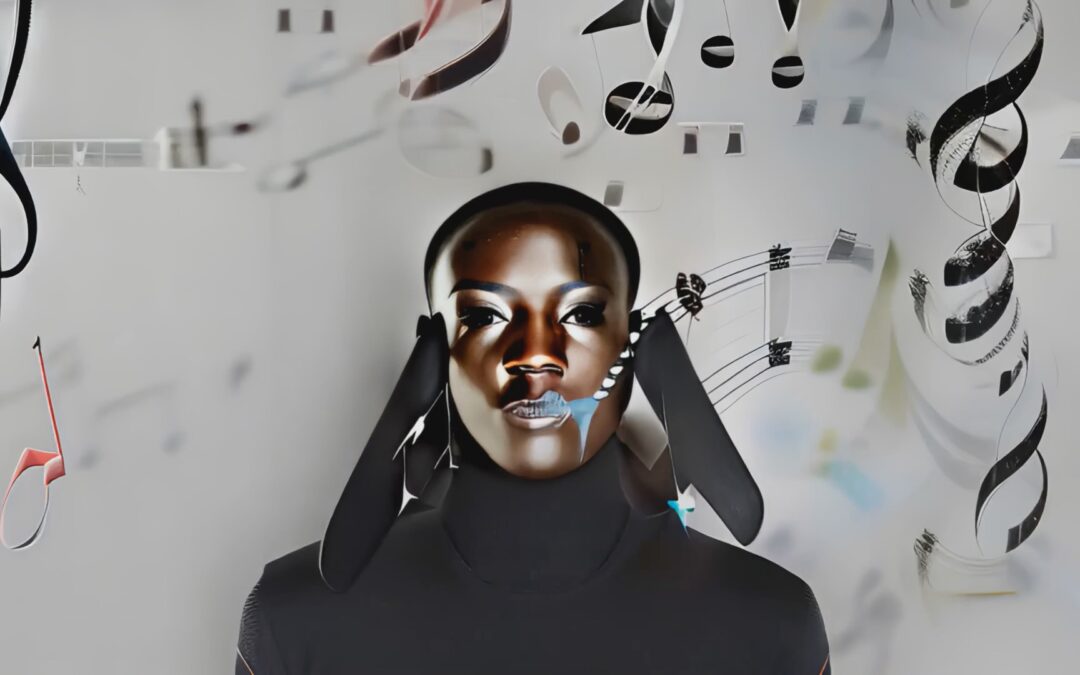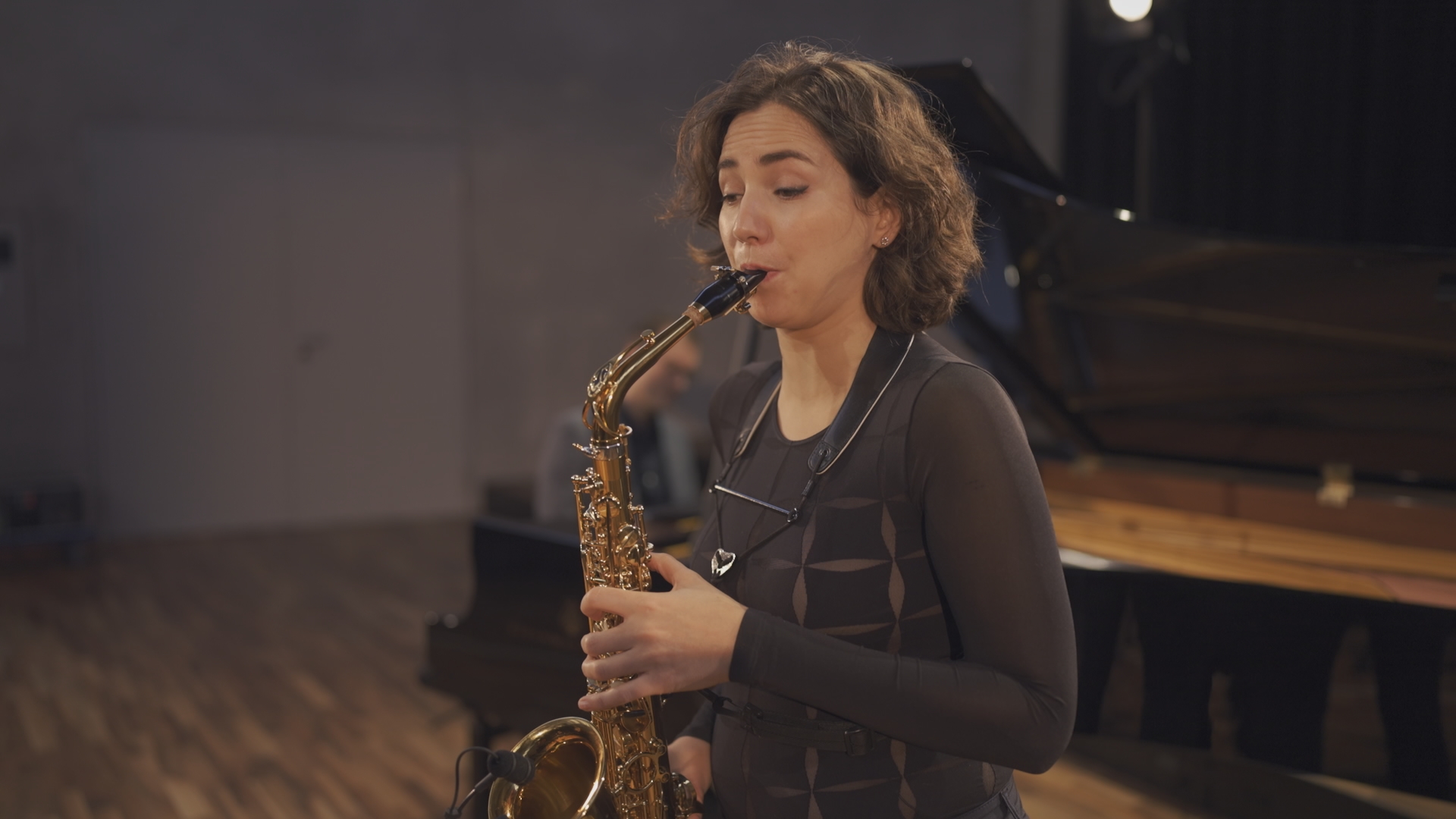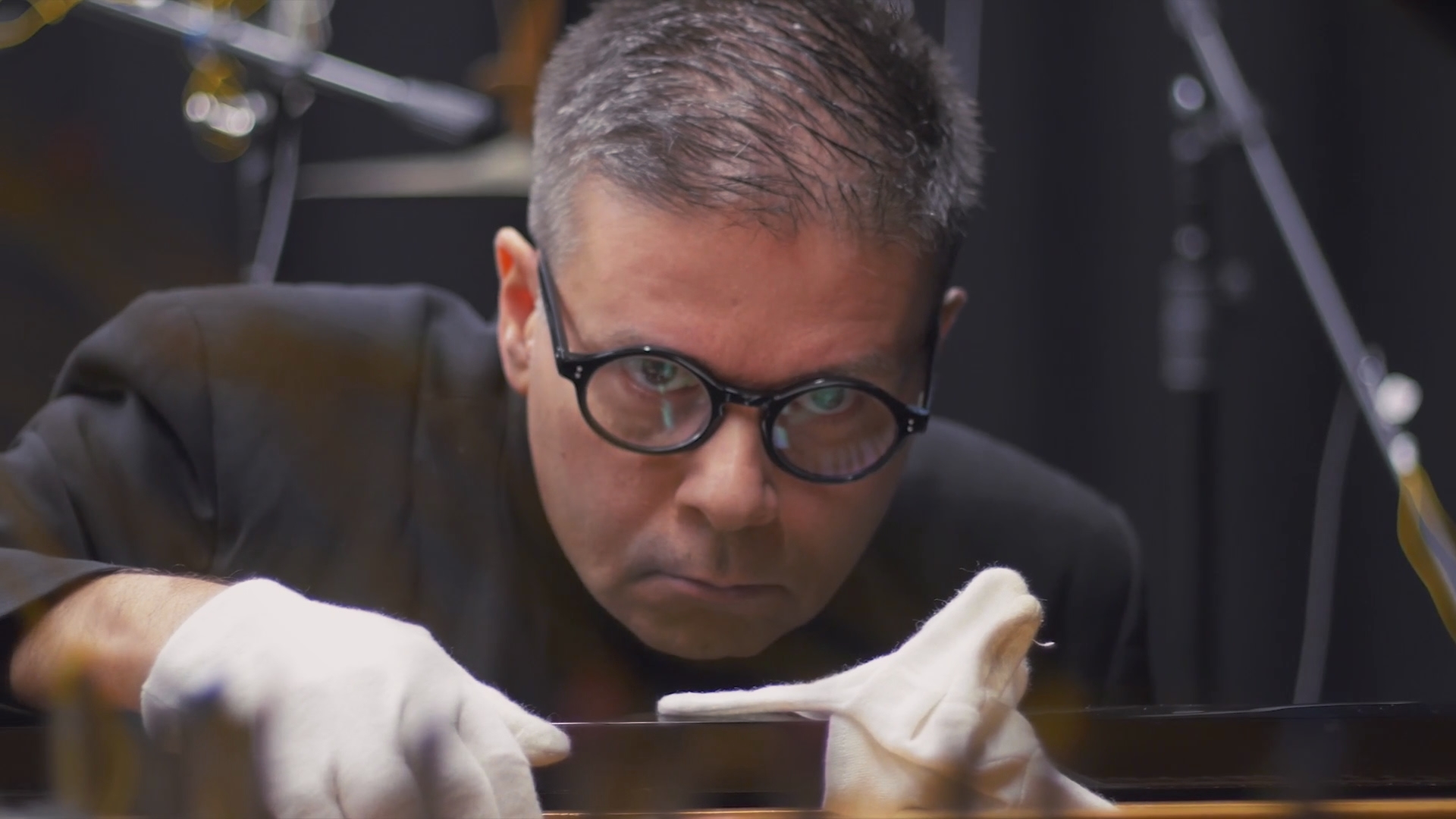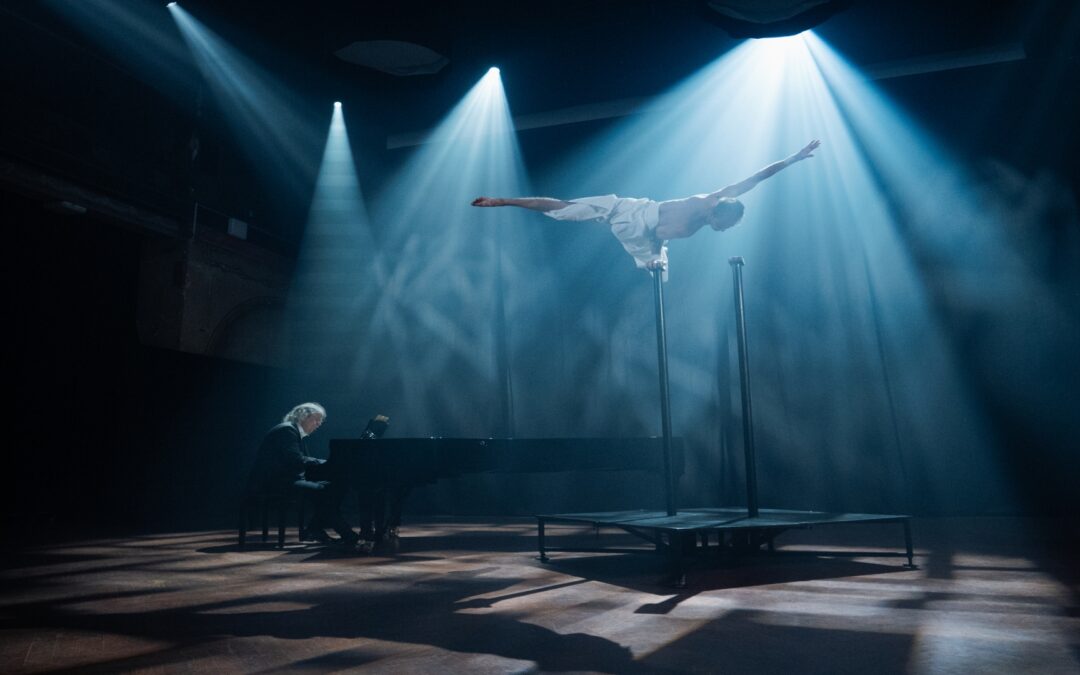
Paul Dessau – Let’s Hope for the Best
Paul Dessau – Let's Hope for the Best
A film by Anne-Kathrin Peitz, 53 min, NDR/ARTE 2023Paul Dessau (1894-1979) has been a violin prodigy, became Otto Klemperer’s assistant and finally an accomplished conductor. He wrote operetta and film music – from mountain films with Leni Riefenstahl by director Arnold Fanck to Walt Disney’s animated films. Born in Hamburg, he was a soldier in World War I and a Jewish exile in France and the USA in WWII. In Hollywood, he meanwhile worked on a chicken farm and wrote the sounds for some celluloid blockbusters as an anonymous “music slave” for the major studios.
As a convinced communist, Paul Dessau settled over to the GDR in 1948. He worked with Bertolt Brecht as well as his fourth wife, the stage directing idol Ruth Berghaus, and had a significant influence on the socialist music scene and stage art. He became a music teacher for children at his son Maxim’s school in Zeuthen. His works were taught in schools, his “Thälmann-Kolonne” became soon very popular, but at the same time he was condemned as a formalist because of his often idiosyncratic tonal language. He became a GDR state composer who was mainly celebrated on the outside, but sharply criticized on the inside.
The film portrait consciously traces the contradictions in Dessau’s character, life and work and embeds the man and his music in the historical context. The cinematic approach to the protagonist and his sound cosmos becomes a jigsaw puzzle, both literally and figuratively, whose individual – often disparate – pieces slowly come together to form an overall picture.
In staged concert scenes, artists translate his sound into body language and tongue-in-cheek cartoons his song humoresques into associative picture stories. Musicians play in quarries, orchestral works become music clips, pupils of the “Paul Dessau” comprehensive school in Zeuthen walk in the footsteps of their namesake. Historical recordings evoke the world and stations of Dessau’s life, and the composer himself has his say in rarely shown archive scenes. In addition, interview partners – from politician Gregor Gysi to former concert hall director Frank Schneider or the American jazz composer Jack Cooper as well as composer and pianist Steffen Schleiermacher – try to create a portrait of Paul Dessau not only with words, but actually by doing a puzzle.
